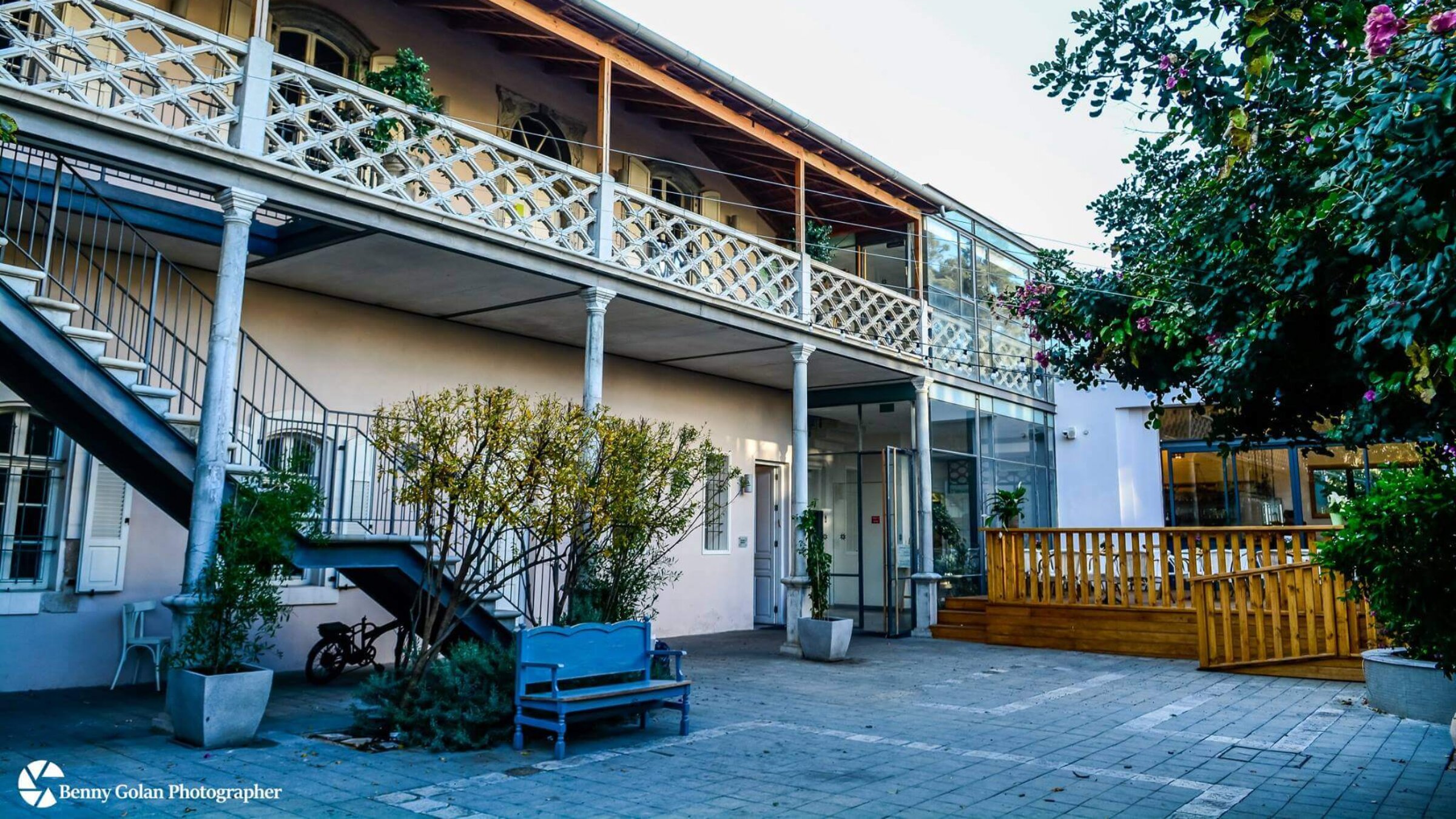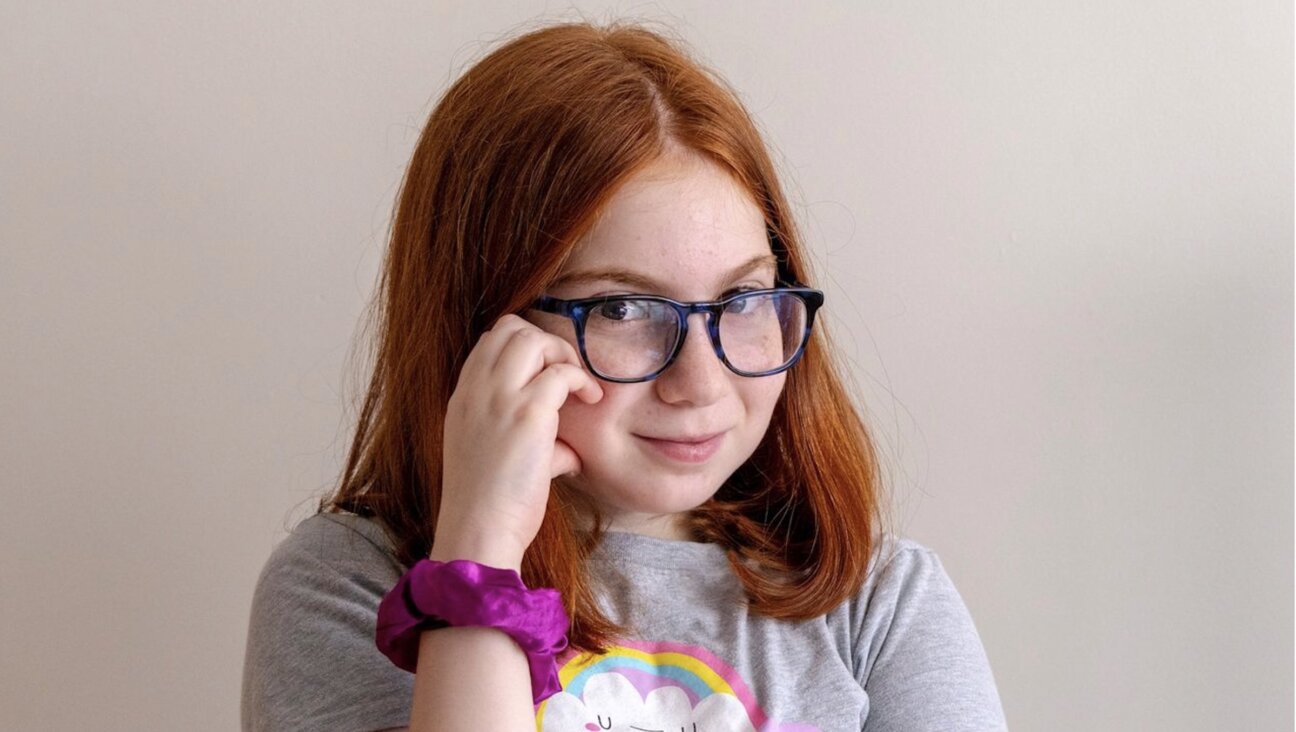Tel Aviv arts center to host event on Yiddish women’s poetry
The inspiration for the event at Neve Schechter was a poem by poet Celia Dropkin about New York’s urban experience

The Neve Schechter Center for Contemporary Jewish Culture, in Tel Aviv Photo by Benny Golan
Neve Schechter, a center for contemporary Jewish culture in Tel Aviv, will host a musical performance of women’s poetry in Yiddish this Friday, Jan. 10, inspired by the groundbreaking poet Celia Dropkin (1887-1956).
Neve Schechter was launched in 2012 as a hub for exploring Jewish inspiration in arts and culture. Past events and exhibits highlighted creativity in Talmudic debate; kabbalistic texts seen through the theories of Carl Jung, and the secular theology of great Jewish literary figures.
This Friday’s event, co-sponsored by the Tel Aviv Yiddish organization YUNG YiDiSH and the government-sponsored National Authority for Yiddish Culture, will be the first one that Neve Schechter ever hosted in Yiddish and will include two well-known Yiddish performers in Israel — Mendi Cahan and Esti Nissim. All works sung or read at the event will be translated into Hebrew.
The impetus for the event came from an animation film now on display in the Schechter Salon Gallery’s open space. The work, Two Pieces, created by the New York-based 33-year old artist Danielle Alhassidis, explores New York’s urban experience, touching on themes like alienation and sexual passion. Alhassidis said her animation was inspired by Yiddish poet Celia Dropkin’s poem, “My Hands”:
My Hands
by Celia Dropkin
My hands, two little bits
of my body I’m never
ashamed to show. With fingers —
the branches of coral,
Fingers — two nests
of white serpents,
Fingers — the thoughts
of a nymphomaniac.
(For the original Yiddish text, scroll down)
Two Pieces, which is slated to run till Jan. 17, is simultaneously being shown at the Brooklyn Artists Exhibition in New York through January 26th.
Since Two Pieces opened in the Tel Aviv venue, it has attracted a high number of visitors, said its curator Liron Vardi Geler. “Honestly, I was surprised to see so many young people at a show related to Yiddish,” she said. Even more surprising was the fact that these Israeli visitors were already familiar with Celia Dropkin’s poetry. Israeli schools generally focus on Hebrew — not Yiddish — literature.
“When I saw this, I realized that we need to do something more,” she said. “We need to give Celia Dropkin the respect she deserves.”
מײַנע הענט
פֿון ציליע דראָפּקין
מײַנע הענט,
צוויי שטיקלעך פֿון מײַן לײַב,
וואָס איך שעם מיך ניט צו צײַגן,
מיט פֿינגער, ווי די צווײַגן
פֿון אַ קאָראַלן בוים.
מיט פֿינגער, ווי צוויי נעסטן
ווײַסע שלאַנגען.
אָדער… ווי געדאַנקען
פֿון אַן עראָטאָמאַן.

















